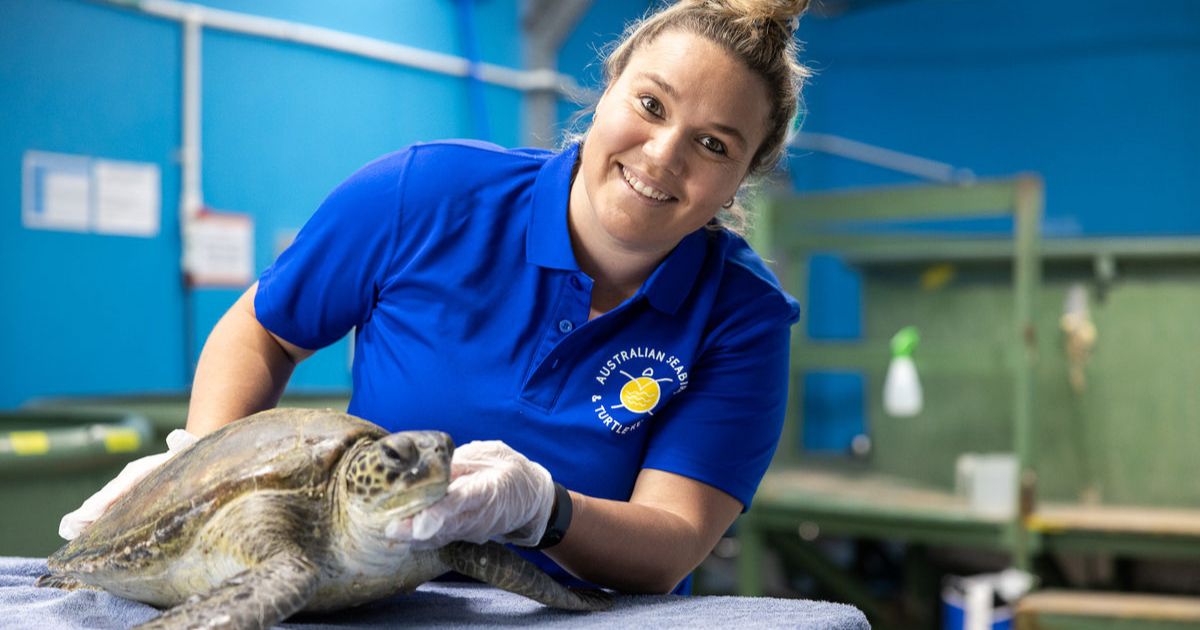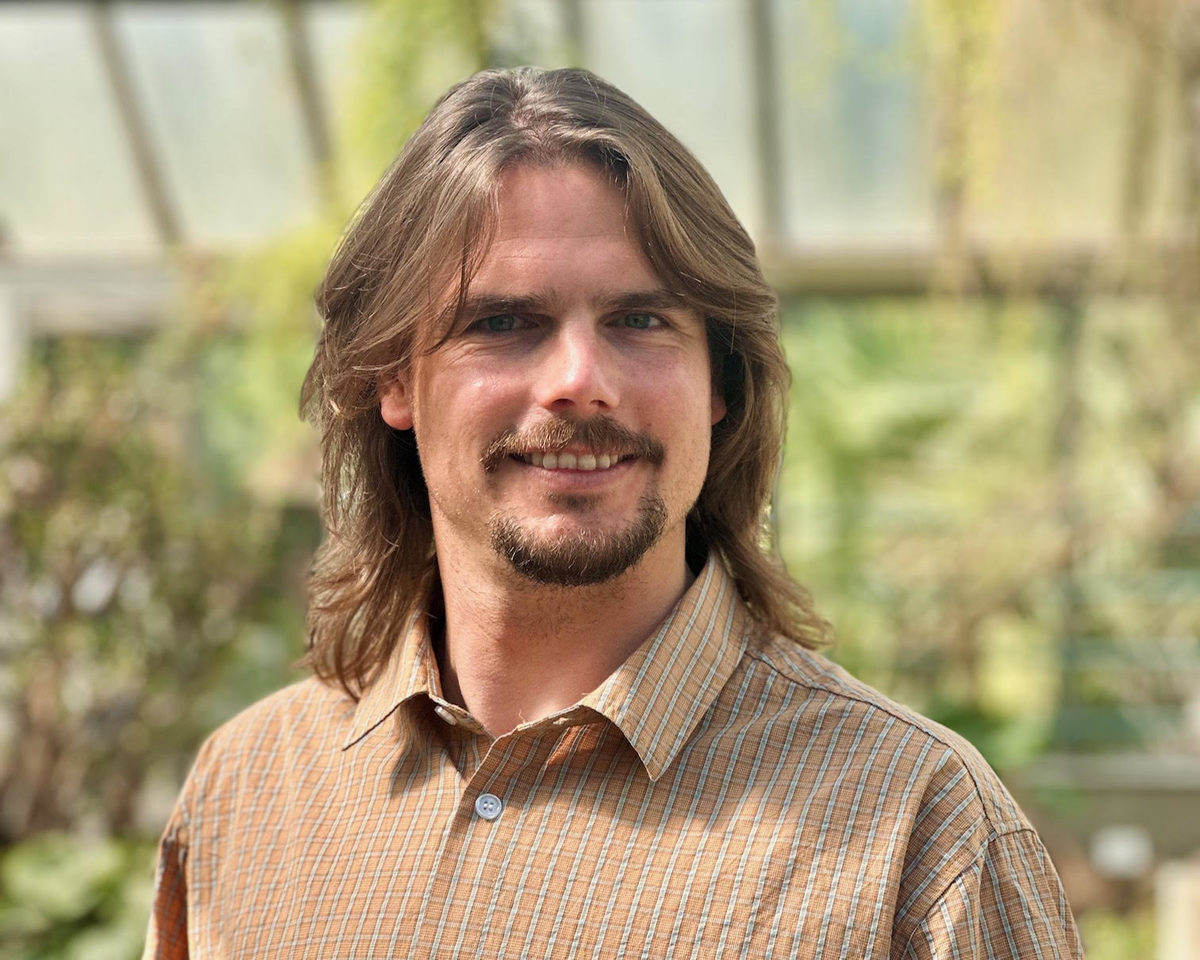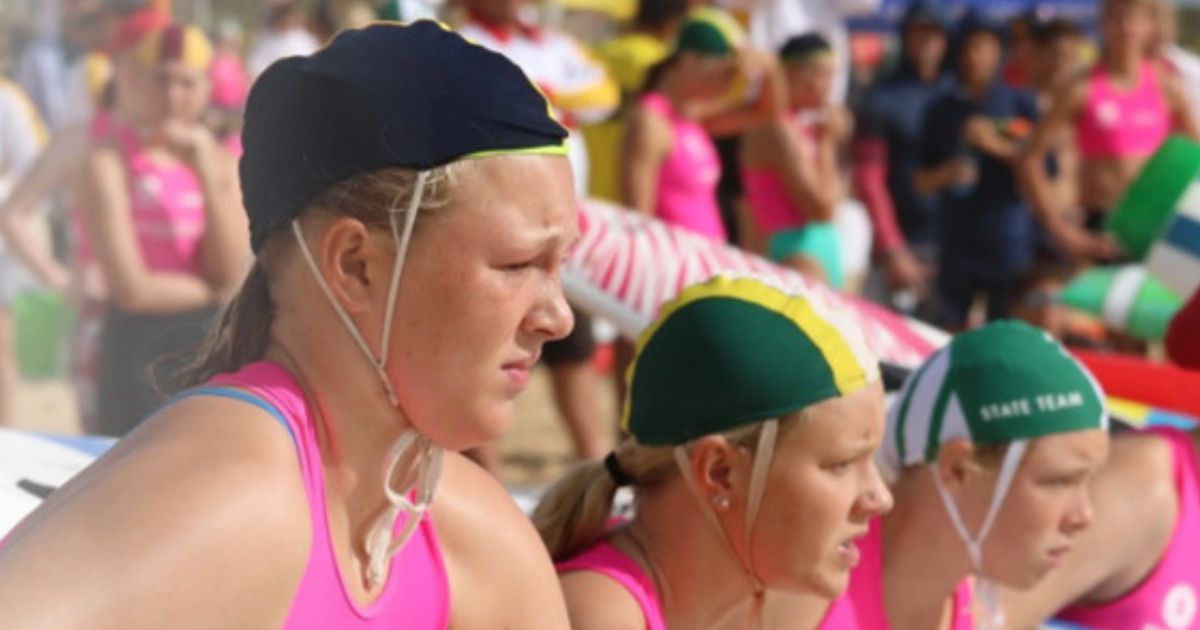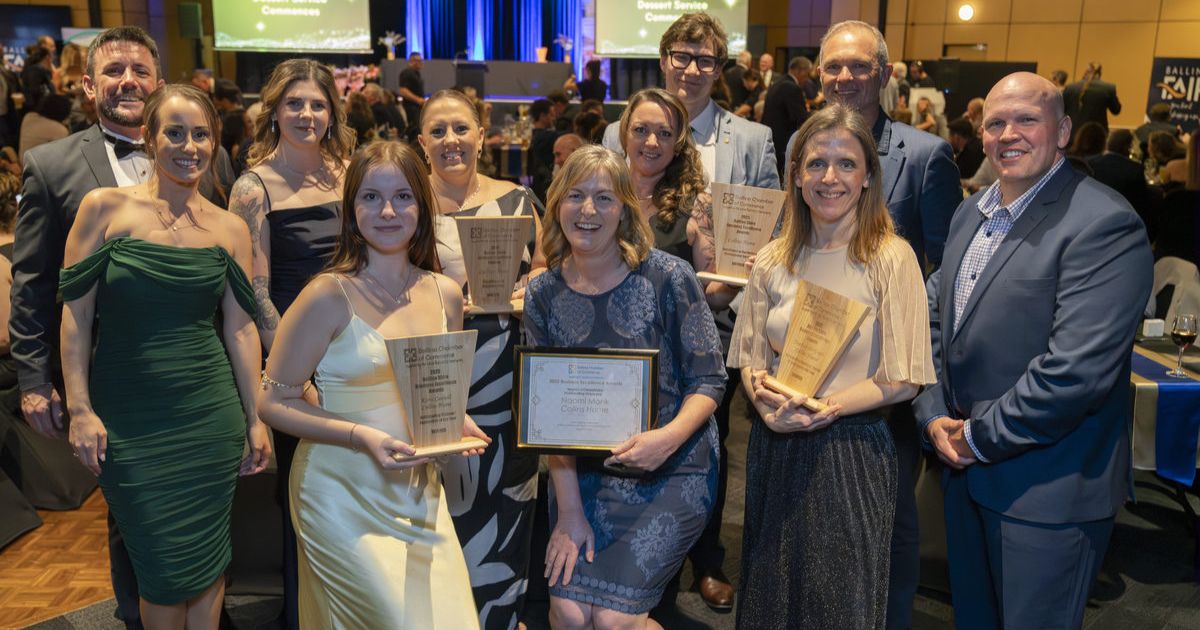Research program to help turtles overcome disease

BELOW: Marine biologist Amanda Philp will head overseas to research a viral disease in green sea turtles after receiving a Churchill Fellowship. Photo: SUPPLIED
She was one of two recipients from the Southern Cross University along with Matt Nolan, who is exploring how salt-tolerant plants can help farming in a changing climate.
Philp is the head biologist at the Australian Seabird and Turtle Rescue at Ballina.
Her research is focused on a viral tumour disease that can impact a sea turtle’s ability to swim, see, feed, and survive in the wild along with its rehabilitation
She will visit leading rehabilitation facilities in the United States, the Maldives, and the Bahamas to study quarantine design, surgical tumour removal, and post-operative care.
Her goal is to adapt global best practice for Australian conditions, reducing euthanasia rates and giving more turtles the chance to return to the ocean.
“I’m very excited to be a Churchill Fellow to pursue a solution to this horrible tumour disease affecting our green sea turtles,” Philp said.
“I am committed to advancing marine turtle conservation by sharing findings with rehabilitators, veterinarians, and environmental groups nationwide, ensuring that Australia’s endangered turtles have the best possible chance of survival for generations to come.”
Nolan is doing his PhD at the Lismore campus and will continue his work when he travels the Middle East, Europe, South America, and Southeast Asia to learn innovative methods for cultivating resilient plants and to explore the potential of saline agriculture.

He has also been awarded the Saskia Beer Churchill Fellowship.
It is supported by Colin and Maggie Beer and is named in honour of their late daughter.
The award aims to encourage innovation and new knowledge in food production.
“I hope my work contributes meaningfully to her legacy,” Nolan said.
“Across the Middle East, Europe, and Southeast Asia, large-scale halophyte production systems are being implemented to address challenges of salinity and water scarcity.
“These initiatives offer valuable models that can inform how Australia adapts its agricultural practices to manage rising salinity and diminishing freshwater resources.
“This fellowship provides an opportunity to engage with international expertise in saline agriculture, spanning scientific advances, applied agronomic practices, and commercial models.
“The insights gained will directly contribute to developing climate-resilient food systems in Australia and to advancing the sustainable utilisation of salt-affected landscapes.”


















